Do medical students need to know how to code?
No. As a medical student, you bring the research question and clinical expertise. We match you with a Machine Learning fellow who handles all the coding.

We pair machine learning students with medical students to tackle real clinical problems, guided by internationally-renowned faculty mentors. Join us to lead an independent research project and have the opportunity to publish your discoveries.
Projects are organized into triads: a ML student who builds, a medical student who guides, and a physician who ensures it's clinically sound.
You write the code and run the experiments, guided by a team of experienced advisors and surrounded by a cohort of equally-talented peers.
You bring the research question, explain how doctors actually think, and help frame results for a clinical audience.
As a practicing physician, you review methods, ensure the research is clinically valid, and open doors for publication.
If you're a medical student with a research idea, submit a proposal describing the clinical problem you want to solve.
Browse projects and apply to the ones you're interested in. Medical students interview applicants and select their fellow.
Once matched, you'll meet your team and start planning the project scope and timeline.
Members of your team will get neccessary credentials and access to the tools they need to get started.
Build the model, run experiments, analyze results, and write the paper. This is the core of the fellowship.
Share your findings at the Tensor Lab Symposium and submit your paper for publication
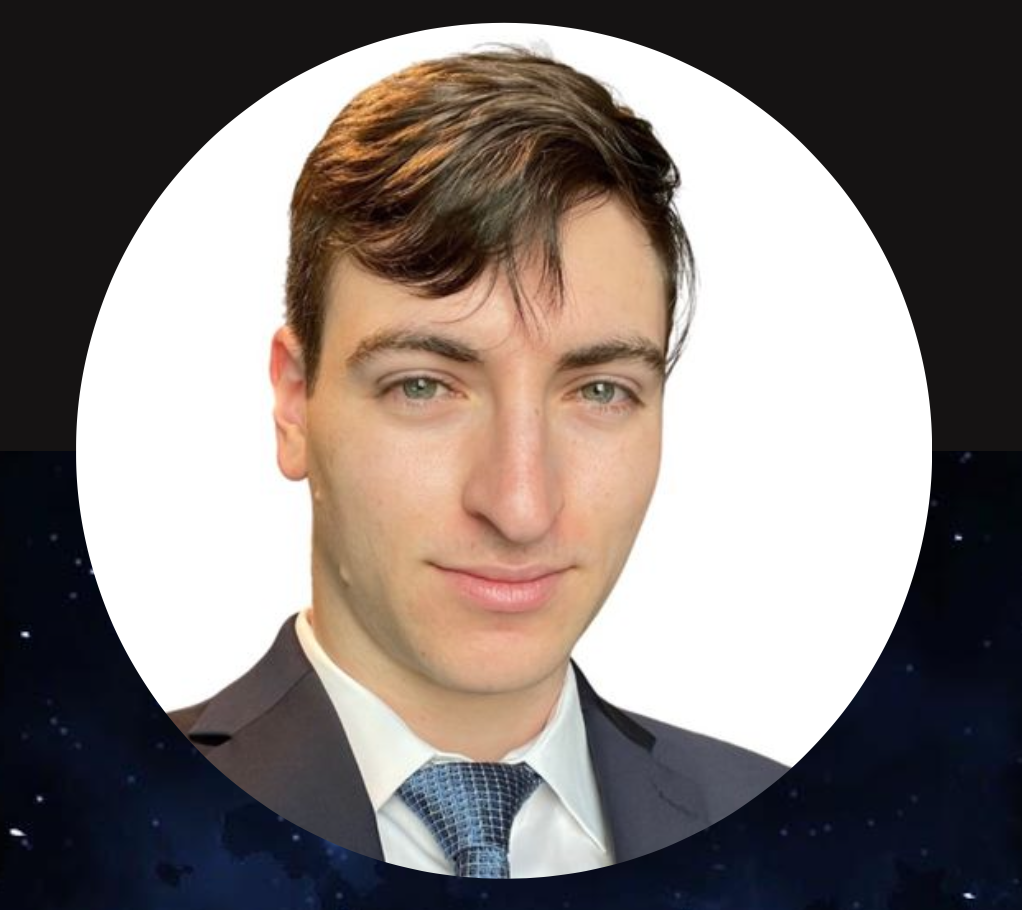 Matt Allen
Co-Founder & Executive Director
University of California, San Francisco
Matt Allen
Co-Founder & Executive Director
University of California, San Francisco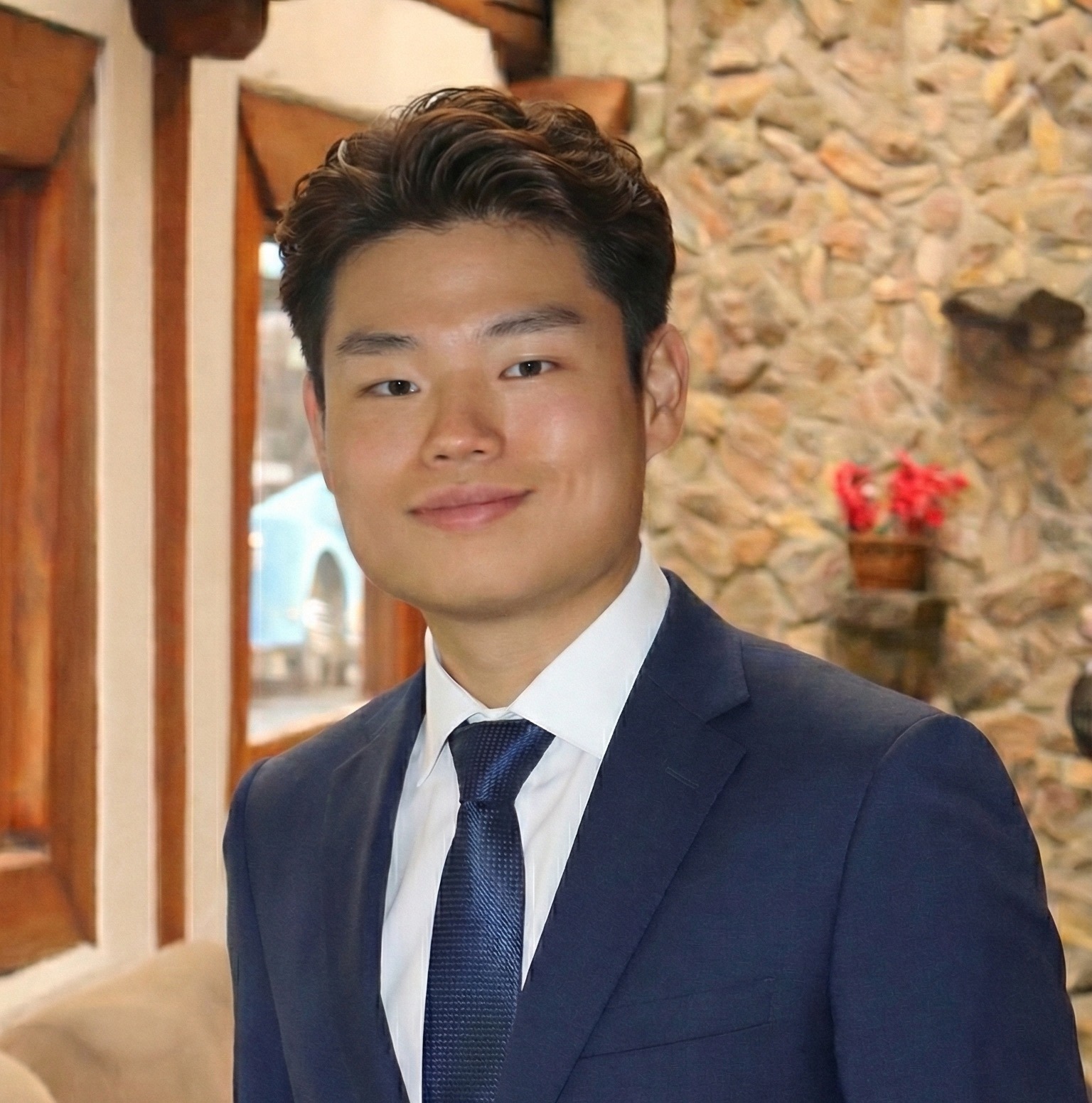 Aaron Ge
Co-Founder & Technical Director
University of Maryland
Aaron Ge
Co-Founder & Technical Director
University of Maryland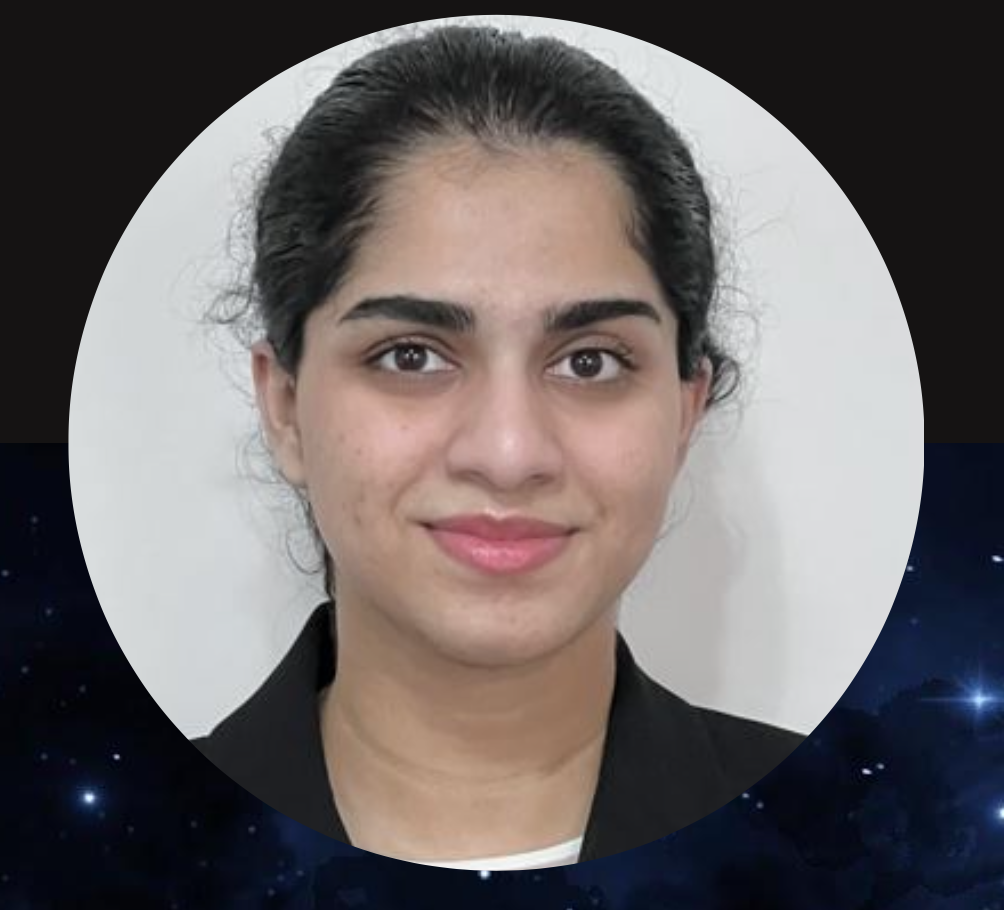 Chy Murali
Operational Director
University of Maryland
Chy Murali
Operational Director
University of Maryland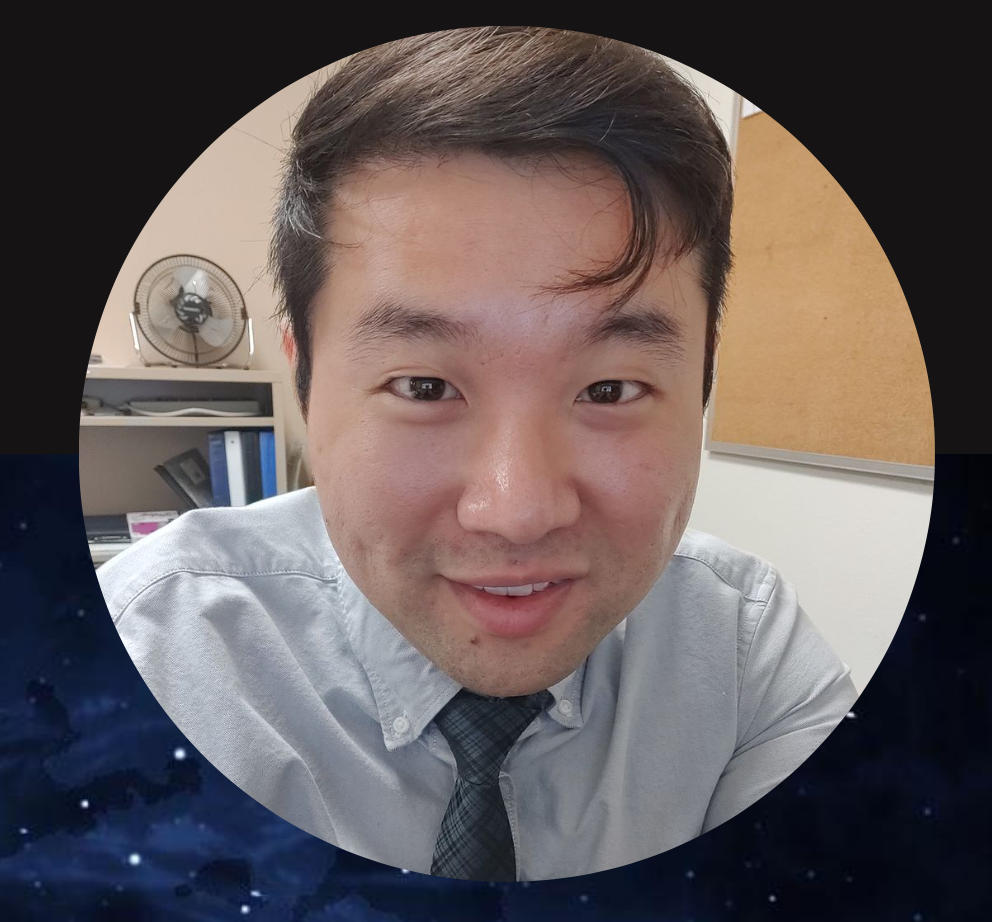 Gavin Shu
Strategic Director
University of California, San Francisco
Gavin Shu
Strategic Director
University of California, San Francisco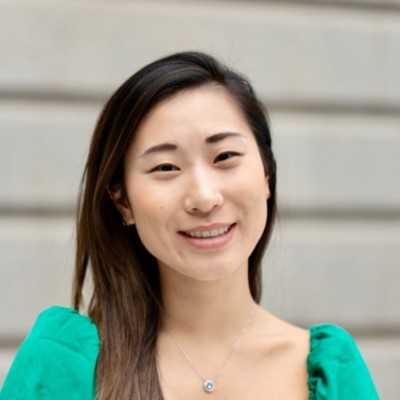 Angie Lee
Business Director
University of Maryland
Angie Lee
Business Director
University of MarylandCompared the performance of LLM-based semantic models (using LLM embeddings) against traditional ML models (XGBoost) across different clinical prediction tasks.
Developed the OPMG prototype to accelerate clinical evidence synthesis using an ETL-First strategy and Knowledge Graph RAG system.
Trained ML models using SEER registry data linked with Social Determinants of Health proxies to stratify prostate cancer patients.
Investigated whether a simplified multimodal model using only PET/CT and clinical data could achieve comparable RFS prediction to expert-annotated models.
Developed a training simulator using LLMs to create interactive, data-grounded emergency triage encounters from MIMIC-IV data.
Developed an attention-based deep learning model (BioClinicalBERT) to predict 30-day readmissions from free-text discharge summaries.
Compared ResNet50, VGG16, and InceptionV3 for CT-based lung lesion classification using the IQ-OTH/NCCD dataset.
Tensor Lab showed me meaningful challenges that combine both clinical and technical domains. As I prepare for my PhD applications, this experience was invaluable in clearly defining my research direction.
Research FellowTensor Lab taught me to conceptualize and develop applications for LLMs that require significant domain knowledge.
Research FellowThe guidance from the faculty and mentors was exceptional... I wouldn’t have reached our final publication goals without their help.
Research FellowCollaborating with a global cohort... provided me with a network of contacts for future projects.
Research FellowNo. As a medical student, you bring the research question and clinical expertise. We match you with a Machine Learning fellow who handles all the coding.
About 2-4 hours per week. You'll meet with your fellow regularly to review progress and guide the direction of the research.
No. Your medical student partner will teach you everything you need to know about the clinical context. We're looking for strong Python/ML skills.
Plan for 20 hours per week during the 10-week summer sprint. Think of it like a serious research internship.
Mostly remote. You'll meet with your team over Zoom/Discord, but some chapters organize optional in-person sessions.
Not yet. Right now, this is an unpaid fellowship focused on research experience and publication. We're working on funding for future cohorts.
We believe in open science. Code is open-sourced, and all team members share authorship. Patient data stays under the PI's institutional controls.
Applications open February 2026. Join the waitlist to get notified and browse cutting-edge clinical AI projects. You'll work with actual patient data, collaborate with medical students who guide the clinical direction, and publish research under renowned faculty mentors at top institutions. We provide the clinical expertise—you bring the technical skills to build solutions that matter.
Applications open now. Turn your clinical insights into published research by leading an AI-powered project. We'll pair you with a talented Machine Learning fellow who builds the technical solution while you guide the clinical direction. If you don't have a faculty mentor yet, we'll match you with one. You bring the medical knowledge—they bring the machine learning expertise. Together, you'll co-author a paper that advances both fields.
Want to bring the Tensor Lab to your institution? We're looking for teams of 3+ students to launch new chapters. Below are the available chapter directorship positions.